
PharmaResearch’s DOT-based nanoparticle platform enters US clinical testing, highlighting delivery innovation aimed at improving tolerability in solid tumor therapies.
Feliza Mirasol is the science editor for BioPharm International.

PharmaResearch’s DOT-based nanoparticle platform enters US clinical testing, highlighting delivery innovation aimed at improving tolerability in solid tumor therapies.

NeoVac first-in-human data suggest that optimized lipid nanoparticles may improve mRNA tolerability, enabling repeat dosing and broader therapeutic use.

Study data show high-dose nusinersen can improve function and slow neurodegeneration, informing future SMA dosing strategies and lifecycle management.

The Eisai–Henlius partnership expands Japan’s access to a differentiated PD-1 antibody, highlighting cross-border oncology deals targeting high unmet need.

AI, biomarkers, and novel oncology modalities are driving evolution in biopharma pipelines, according to Nmblr CEO Janice MacLennan.

A new Cellares–Stanford collaboration aims to demonstrate how automated platforms could standardize gene-edited stem cell manufacturing and accelerate clinical translation.

FDA’s acceptance of Affinia Therapeutics’ IND positions the company to test lower-dose, heart-targeted AAV gene therapy for BAG3 cardiomyopathy.
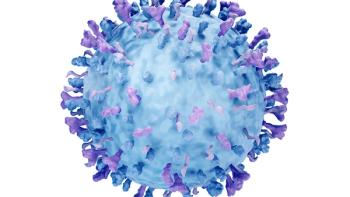
The SK bioscience–Gates MRI agreement highlights how scalable mAbs could broaden infant RSV prevention beyond high-income markets.
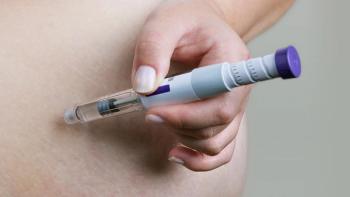
The VESPER-3 trial results show that extended-interval GLP-1 dosing may expand obesity care by balancing sustained weight loss with reduced injection burden.

Janice MacLennan, CEO of Nmblr, notes how AI is transforming biopharma R&D and market access, forcing teams to prove value beyond science and redesign work around human strengths.

AdvanCell and 48Hour Discovery align peptide discovery with a Lead-212 infrastructure to build a durable targeted alpha therapy pipeline aimed at oncology markets.

This new licensing deal with SanegeneBio signals growing confidence in RNAi technologies.
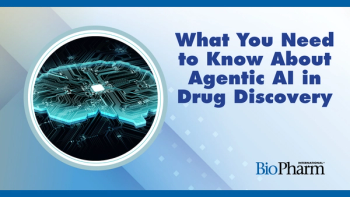
Agentic AI enables closed-loop, autonomous drug discovery workflows that accelerate biopharma R&D, improve efficiency, and reshape innovation.

Such targeted private investments underscore the growing importance of early manufacturing scale-up in de-risking immunomodulatory biologics for neurodegenerative diseases.

The company’s major long-term capital commitment highlights how global drugmakers are anchoring future innovation, advanced modalities, and supply resilience within China’s life sciences ecosystem.
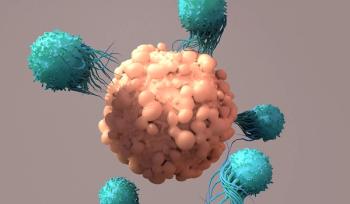
Cellares’ $257M Series D signals growing industry urgency to industrialize cell therapy manufacturing through automation and scalable production models.

Regulatory review of Eisai’s subcutaneous lecanemab highlights how delivery innovation may expand access and scalability for disease-modifying Alzheimer’s therapies.

This fast track designation signals growing regulatory momentum for trispecific antibodies as the myeloma field pushes beyond single-target immunotherapies.
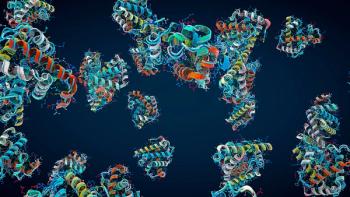
Integrated biotech–CDMO partnerships are becoming critical as fusion protein complexity pushes developers to align discovery and manufacturing earlier.

The European Commission’s approval of GSK’s Arexvy for adults 18 years and older expands the respiratory syncytial virus vaccine market and signals broader adoption of adult immunization strategies.

Green chemistry is emerging as a strategic lever for biopharma manufacturing, enabling safer processes, efficiency gains, and long-term competitiveness.

Biopharma manufacturing faces a global workforce crisis, driving adoption of continuous upstream automation to protect and scale capacity, says Eric Langer of BioPlan Associates, in the continuation of his industry outlook.

Mendra’s launch highlights the growing use of AI to improve patient identification, clinical execution, and commercialization in rare disease programs.

Next-gen antibody R&D is shifting to multifunctional modalities driven by manufacturing scale and regulatory acceleration.

EU regulators clear Otsuka’s antisense injectable to prevent hereditary angioedema attacks, reinforcing momentum for RNA-based rare disease medicines.
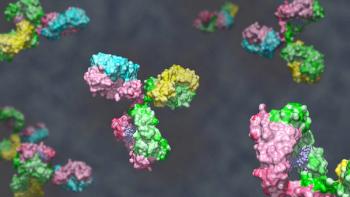
Next-gen antibody R&D is shifting to multifunctional modalities driven by manufacturing scale and regulatory acceleration.
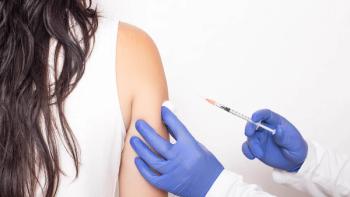
GSK’s purchase of RAPT underscores growing biopharma focus on durable biologics designed to reduce dosing burden in food allergy and immunology care.

In 2026, AI and automation are anticipated to solve talent gaps and economic shifts to drive resilient drug discovery and manufacturing.

The approval of aflibercept for visual impairment from macular edema following retinal vein occlusion is based on clinical data that suggests higher-dose anti-VEGF therapy can preserve vision while extending dosing intervals.
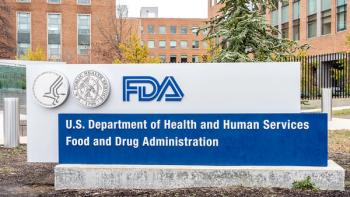
A new FDA draft guidance signals broader acceptance of Bayesian methods, shaping clinical trial design, efficiency, and regulatory strategy in drug development.
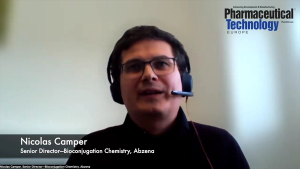
Published: October 11th 2024 | Updated: March 3rd 2025

Published: September 11th 2024 | Updated: September 18th 2024

Published: March 27th 2024 | Updated: June 28th 2024

Published: March 17th 2023 | Updated:

Published: July 6th 2023 | Updated:
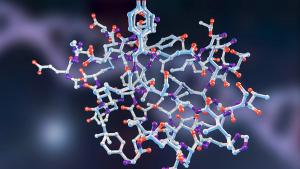
Published: July 16th 2021 | Updated: